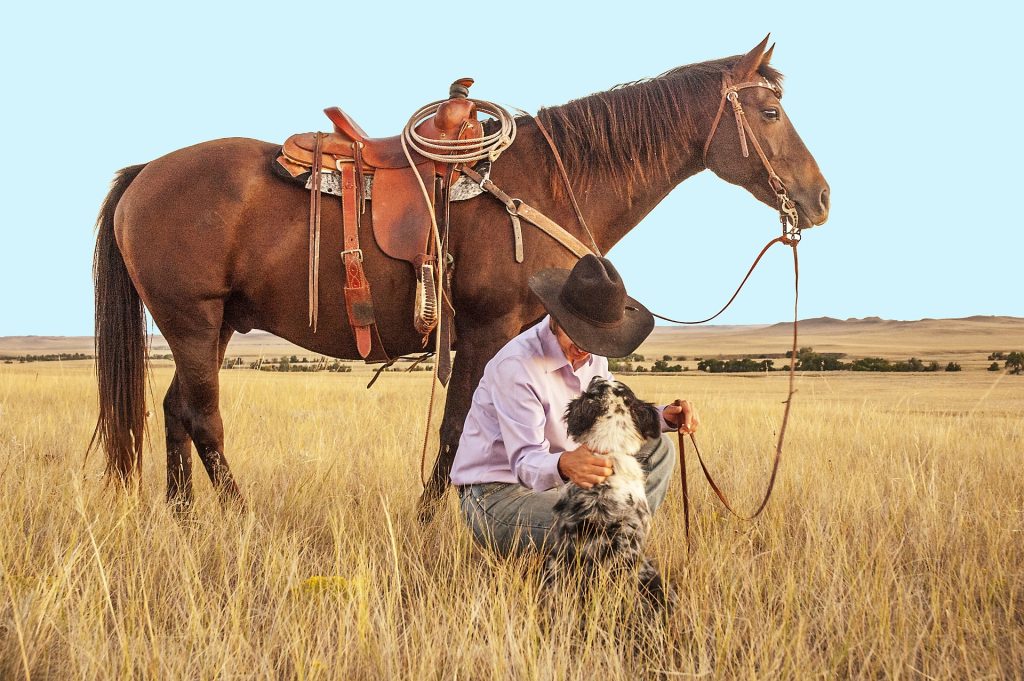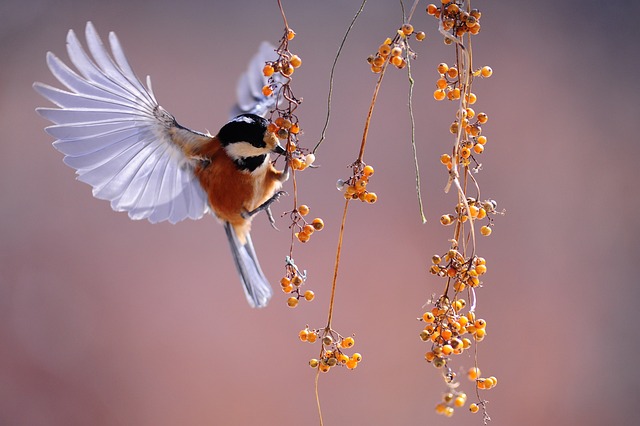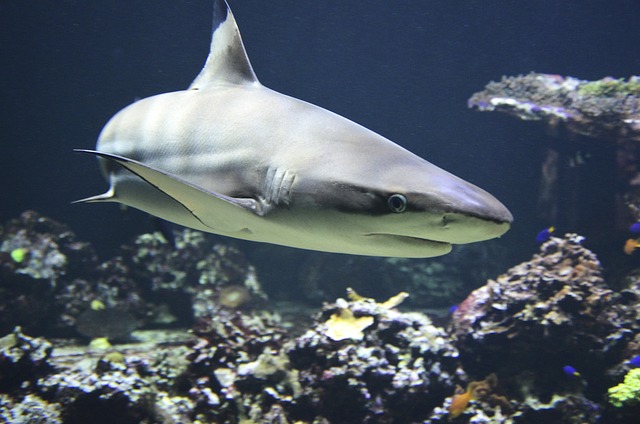Extinct species are those that are no longer in existence. This can be due to many reasons, including natural causes, such as disease or changes in the environment, and human causes, such as overhunting or habitat destruction. Many species that are extinct today were once common and thrived in their natural habitats. The loss of these species is a tragedy, not only for the creatures themselves but for the planet as a whole. The loss of any species can have ripple effects throughout an ecosystem. When a species becomes extinct, it no longer plays its role in the food web. This can cause the population of other species to decline, as they lose an important source of food. The extinction of a top predator, for example, can cause the population of its prey to increase, resulting in an imbalance in the ecosystem. The loss of a keystone species can also cause a cascade of changes that can seriously alter an ecosystem.
The top five extinct species are the wooly mammoth, the passenger pigeon, the dodo bird and the great auk.
The Wooly Mammoth:

The wooly mammoth was a massive creature, with long shaggy fur and large tusks. It was well-adapted to the cold climates of the Ice Age and could be found roaming across Europe, Asia, and North America. These impressive animals were eventually hunted to extinction by humans, with the last known individual dying out around 4,000 years ago.
The Passenger Pigeon:
The passenger pigeon was a medium-sized bird with a small head, slim body, and long, pointed tail. The wings were long and narrow, and the legs were short and weak. The bird was a dull grayish-brown, with a pale belly and a dark band on the wings. The passenger pigeon was once the most common bird in North America, with a population in the billions. The bird was hunted to extinction in the late 1800s.
The Dodo Bird:
The dodo bird is a now-extinct bird that was native to the island of Mauritius. It was a large bird, measuring about 3 feet tall and weighing up to about 60 pounds. It is believed that the last Dodo bird died in 1681. The Dodo bird is extinct because it was hunted to extinction by humans. It had grayish-brown plumage, a big head, and a beak that was curved downward. The dodo bird was flightless and had small wings. It was a good swimmer and could climb trees. The dodo bird was a herbivore and fed on fruits, nuts, and seeds. The bird was hunted for its meat, and its extinction was hastened by the introduction of cats and rats to the island, which preyed on the Dodo bird’s eggs.
The Great Auk:

The great auk was a species of penguin that became extinct in the mid-19th century. It was the last surviving member of the genus Pinguinus. The great auk was the largest member of the auk family, with a body length of 75 cm (30 in) and a wingspan of up to 1.5 m (5 ft). It had black upper parts and white underparts, with a black beak and white facial patches around the eyes. The great auk was a good swimmer and diver, and was able to fly, although it was not a strong flier. The great auk was a social bird and lived in large colonies on offshore islands. It fed on fish, squid, and crustaceans, which it caught by swimming underwater or by diving from the surface. The great auk nested on cliffs, laying a single white egg on a mound of seaweed. Both parents incubated the egg, which took about six weeks to hatch. The chick was born naked and blind and was cared for by its parents until it was fully grown. The great auk was hunted by humans for its meat, eggs, and feathers. It was also killed by introduced predators such as rats
Long story short, extinction is a natural process that has occurred throughout Earth’s history. However, human activity is now causing species to go extinct at an unprecedented rate, just as fast as playing a round on HellSpin Casino. This is known as the Sixth Mass Extinction and it is caused by things like habitat loss, pollution and climate change. As we continue to lose species at an alarming rate, it is important to remember the ones that we have already lost. They are a part of our planet’s natural history and their loss is a tragedy.
